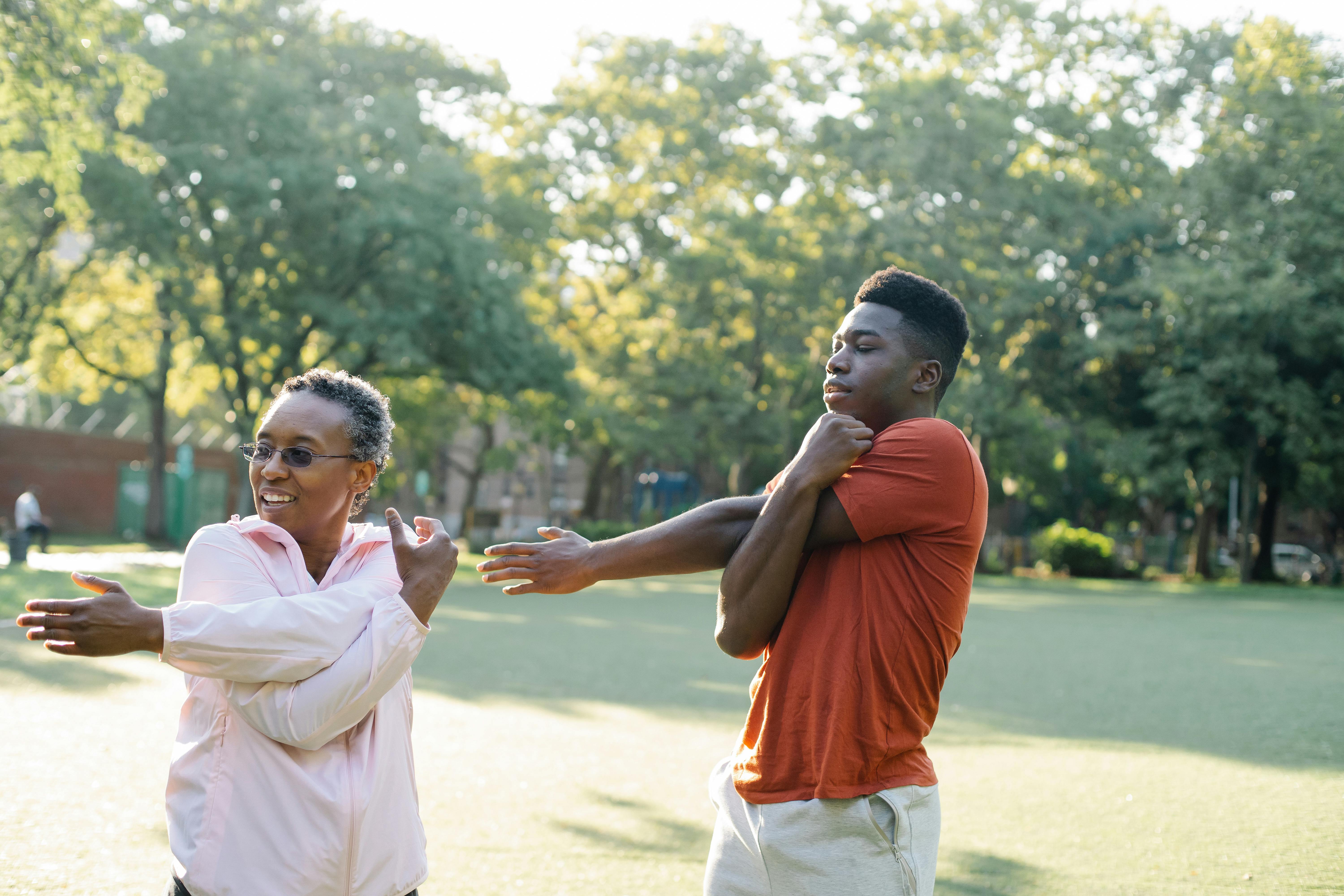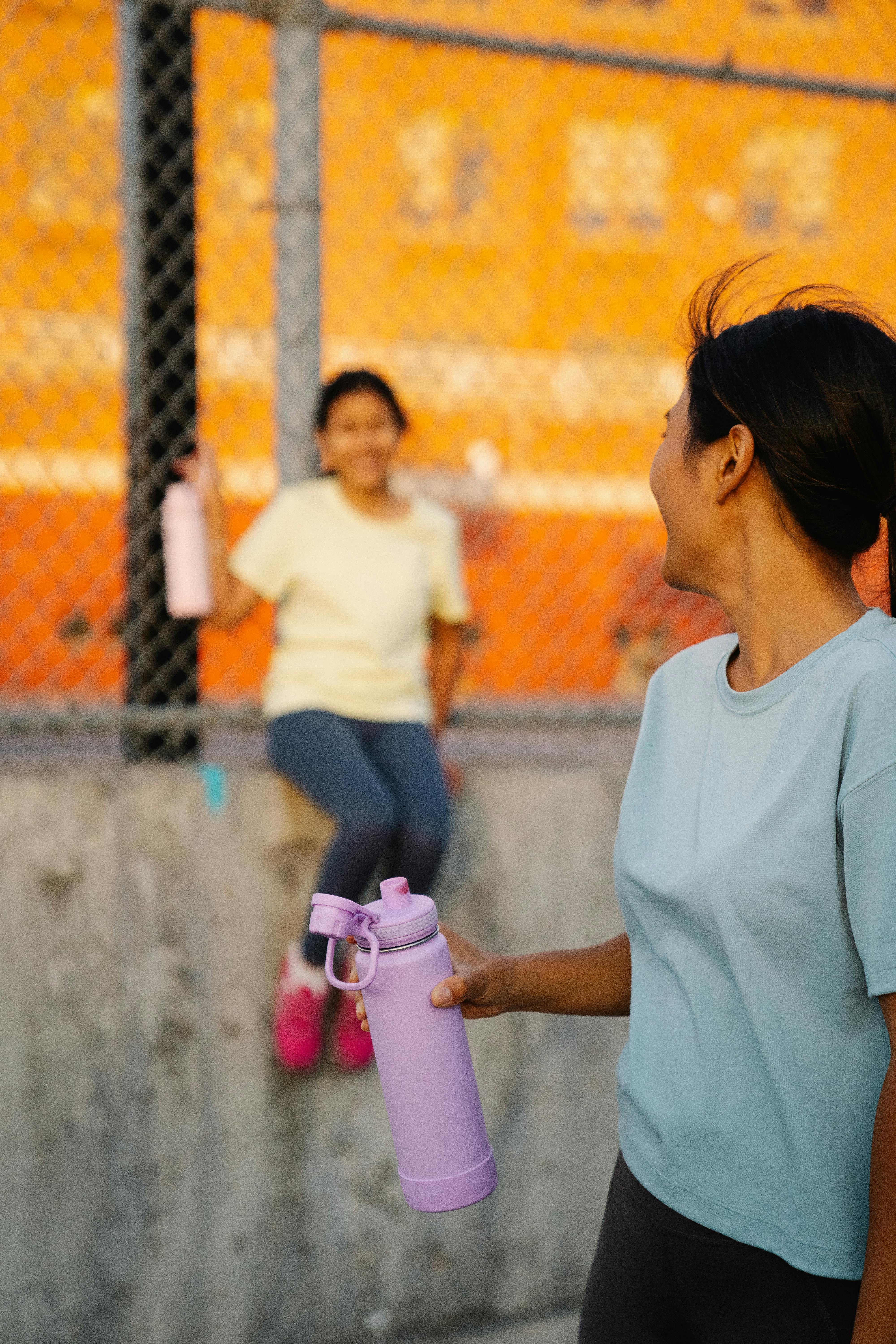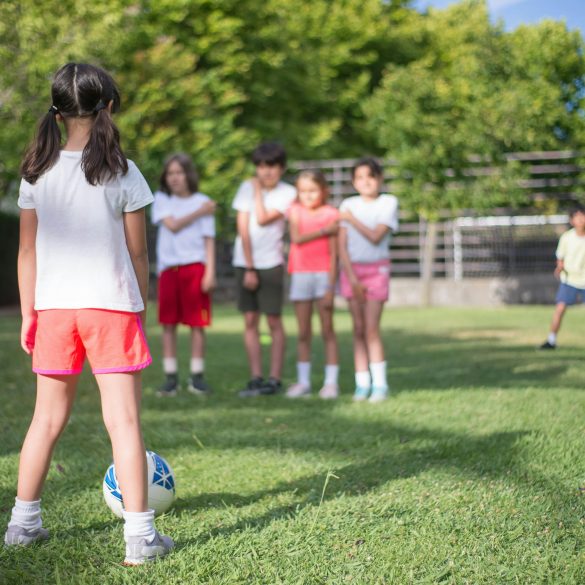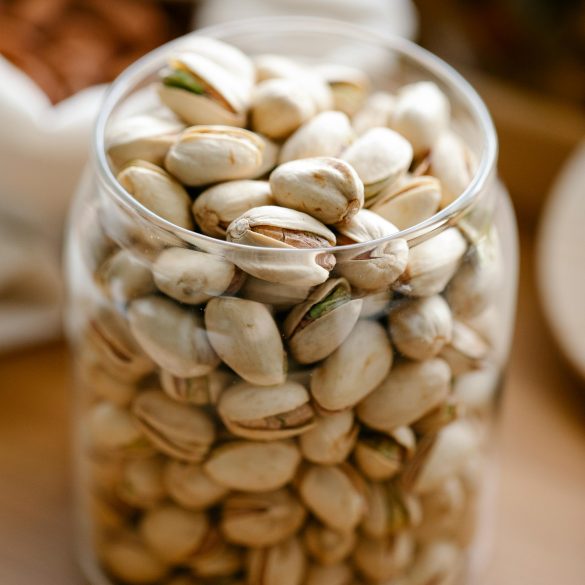Nicaragua Athlete Habits: Daily Routines for Lasting Sports Success
Having worked with dozens of youth sports programs in Nicaragua over the past decade, I’ve noticed a powerful truth—nothing shapes a young athlete’s future quite like daily habits. But, oddly enough, coaches talk about motivation, talent, or even luck, when what really propels those dreams forward is the stuff kids do every single day—especially in a culturally rich country like Nicaragua, where sport means so much more than just winning trophies.
So, you might be wondering—how do those superstar athletes you see on TV or at local tournaments actually get there? What separates them from everyone else? Is it some secret training, access to top coaches, or just “natural talent”? Based on what I’ve observed (and made a few mistakes learning), it’s usually far simpler—foundational daily habits, made consistent over time. And the good news: every young athlete in Nicaragua, no matter their resources, can start building these habits right now.
Why Habits Beat Raw Talent Every Time
Ever notice how some kids with “natural talent” don’t actually make it far, while those who seemed unremarkable early on suddenly become the stars of their teams after a couple of years? I did too—back in my own coaching stint in Chinandega, I saw a player named Iker who wasn’t the most gifted technically, but he stuck to simple habits: daily drills, hydration, showing up early, and keeping his schoolwork in order. Three seasons later, he was the team captain—because he built a foundation that talent alone couldn’t provide.
“Excellence is not an act, but a habit.”
If you’re reading this, maybe you’re a parent, a young player, or a coach wondering: What habits do I actually need? Do I have to change everything overnight? I’ve made those same assumptions—but honestly, it’s not about “radical transformation” but about incremental steps that compound, every single day. That’s how top Nicaraguan athletes eventually stand out.
The Science of Building Strong Habits
The research is surprisingly clear. According to a 2021 sports psychology study2, consistent daily routines raise performance levels over time by embedding muscle memory, boosting confidence, and preventing burnout. But here’s the kicker—habits aren’t magical. They’re built on deliberate repetition, environmental cues (like the soccer ball at the door), and social support.
- Repetition: Performing the same skill daily reinforces neural pathways
- Cue-based routines: Linking habits to specific times or triggers, such as tying shoes before practice
- Social accountability: Sharing goals with teammates, coaches, or family boosts commitment
Back when I first dug into habit science, I assumed only advanced athletes cared about these things. Wrong! As it turns out, even six-year-olds can benefit—the earlier you start, the easier it is to stick. The more I consider this, the more I realize: building good habits early on is not just “nice to have,” it’s actually absolutamente crucial for athletes in developing sports cultures like Nicaragua.
Nicaraguan Challenges and Opportunities
Here’s where the local flavour matters. Unlike big-budget programs in the US or Europe, Nicaraguan youth athletes often juggle academic, family, and sporting obligations with limited access to professional facilities3. Does that make it impossible? Not even close. If anything, it builds resilience and creativity.
- Resourcefulness: Homemade or improvised equipment (think: soccer cone from an old bottle)
- Community support: Neighbours and local teams often rally around promising athletes
- Flexible routines: Adaptable schedules that blend study, training, and family chores
What struck me most, actually, is how these so-called “challenges” are the very sparks that fuel long-term success. In Managua, a volleyball team I worked with kept their routines going during power outages—running drills by candlelight, finding new ways to keep spirits high. These experiences made habits not just effective, but meaningful.




